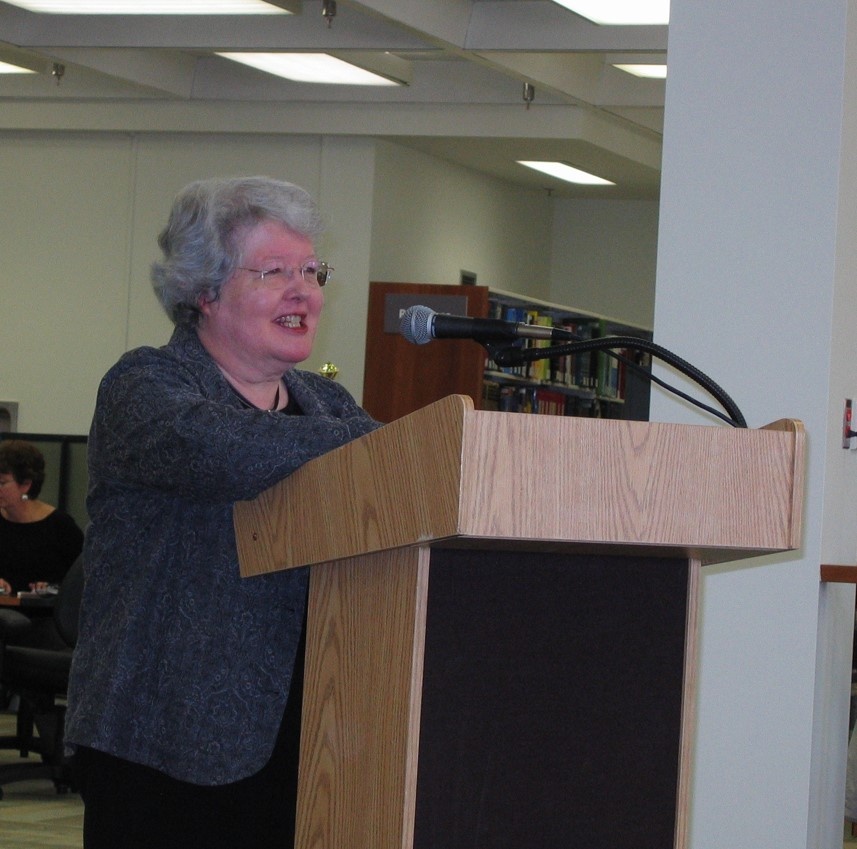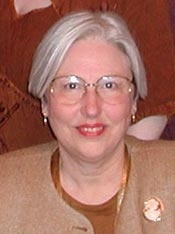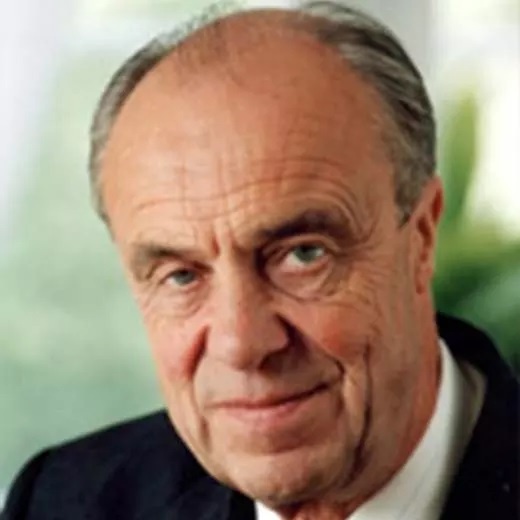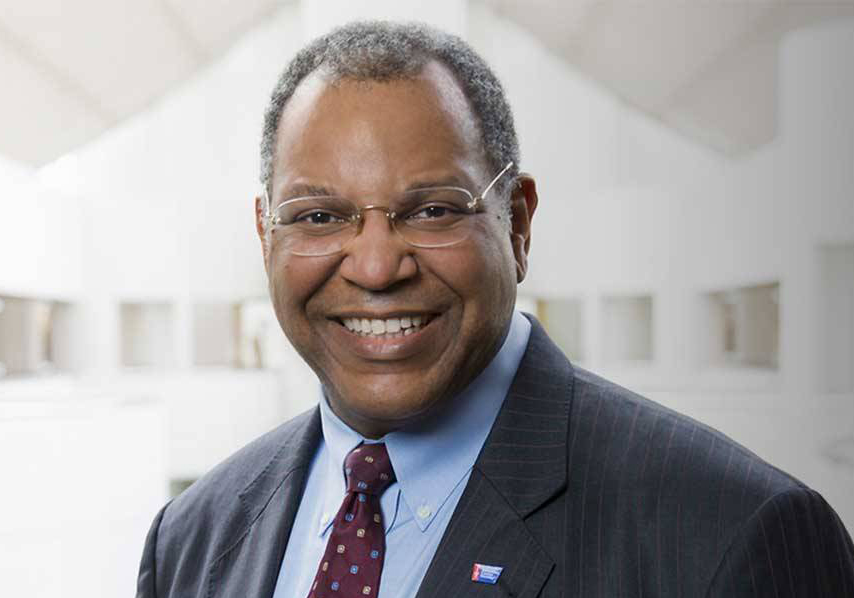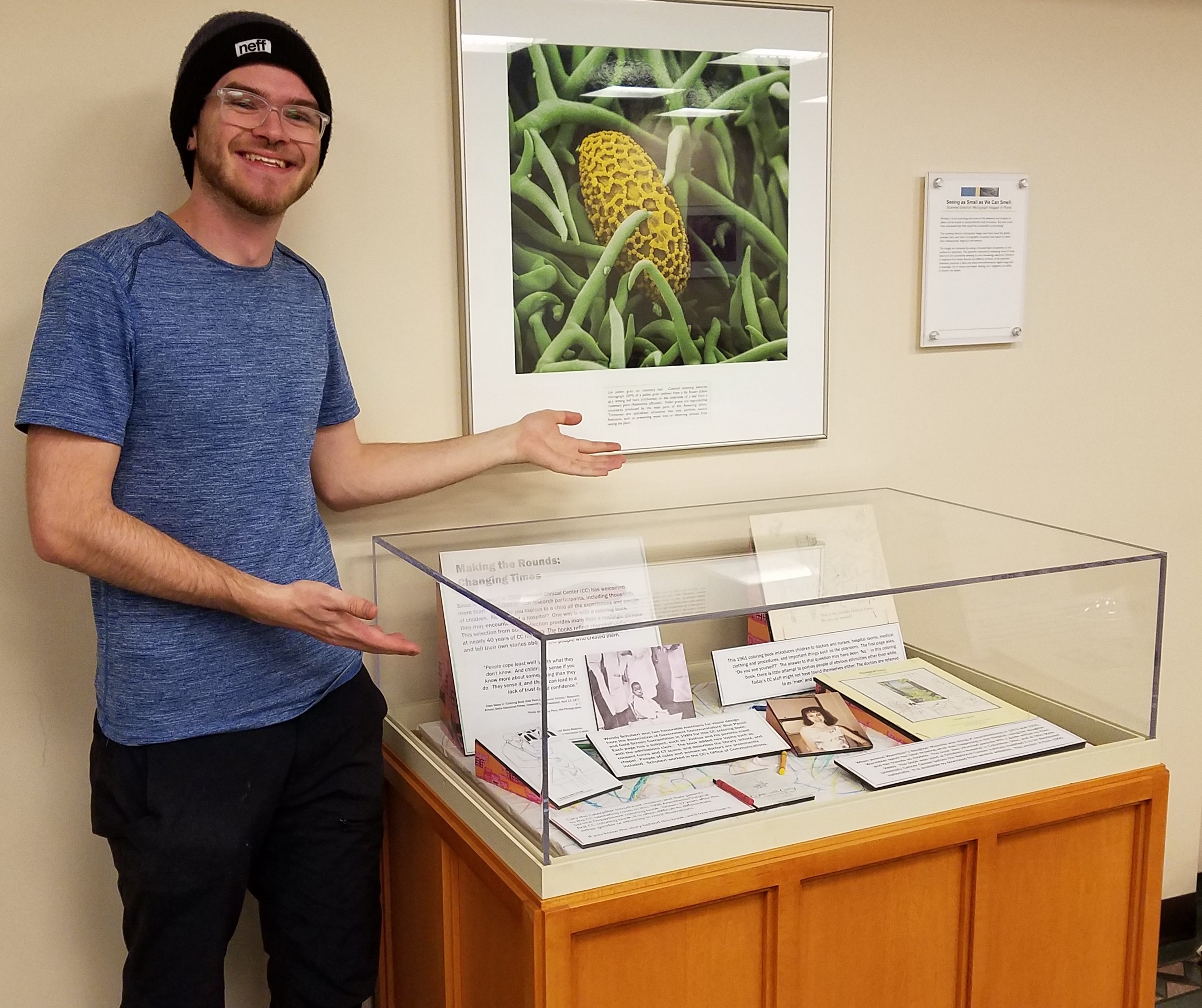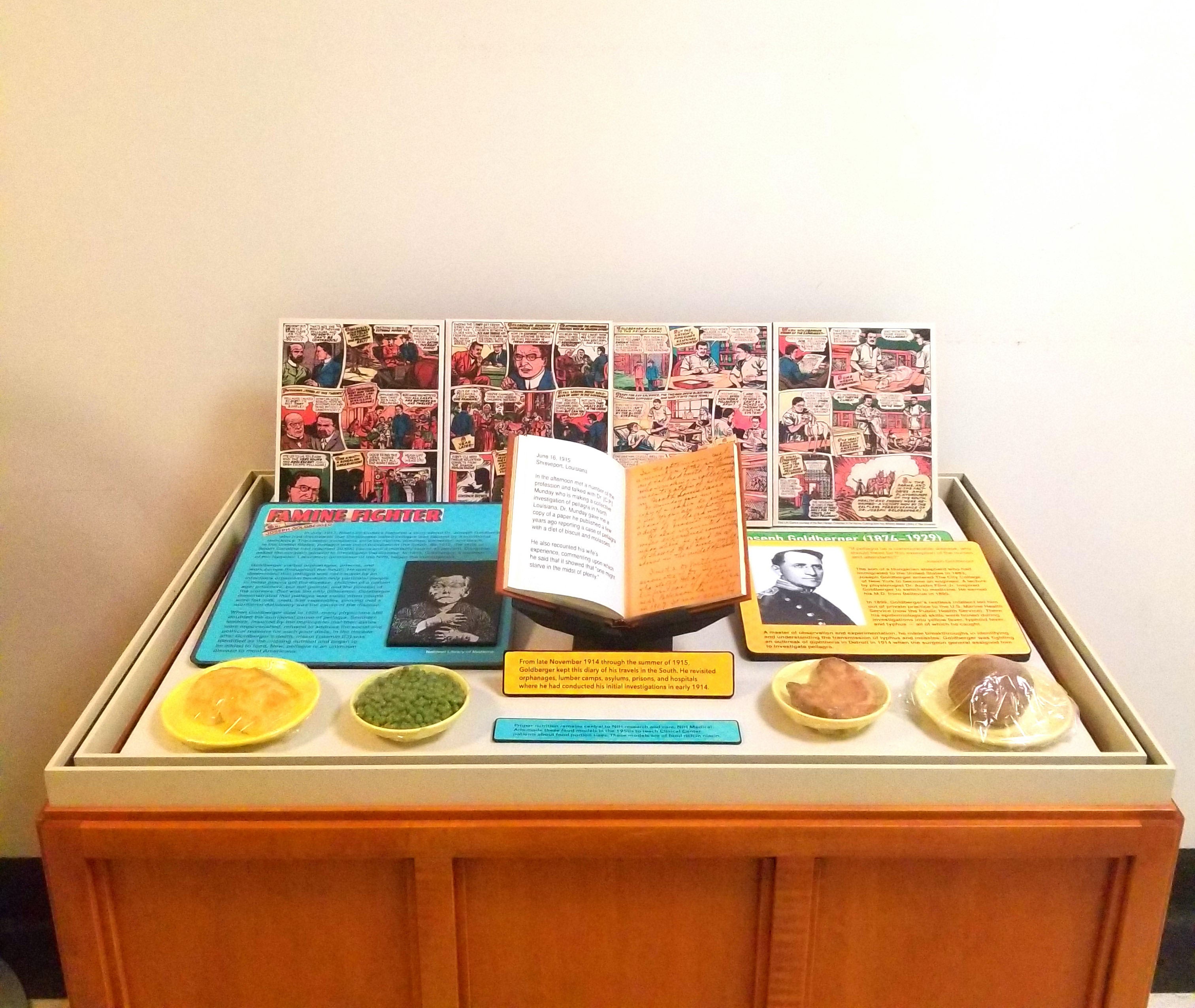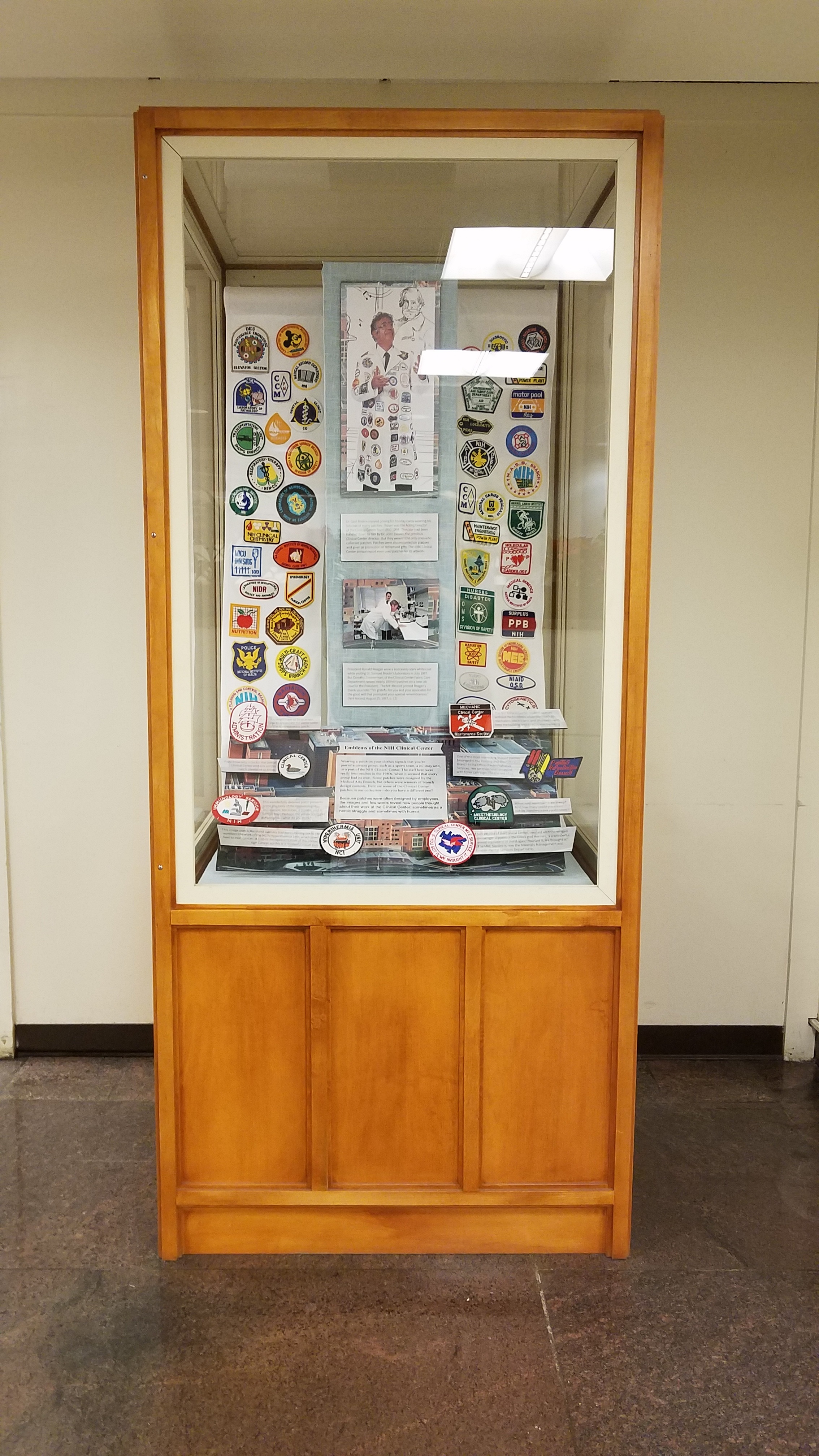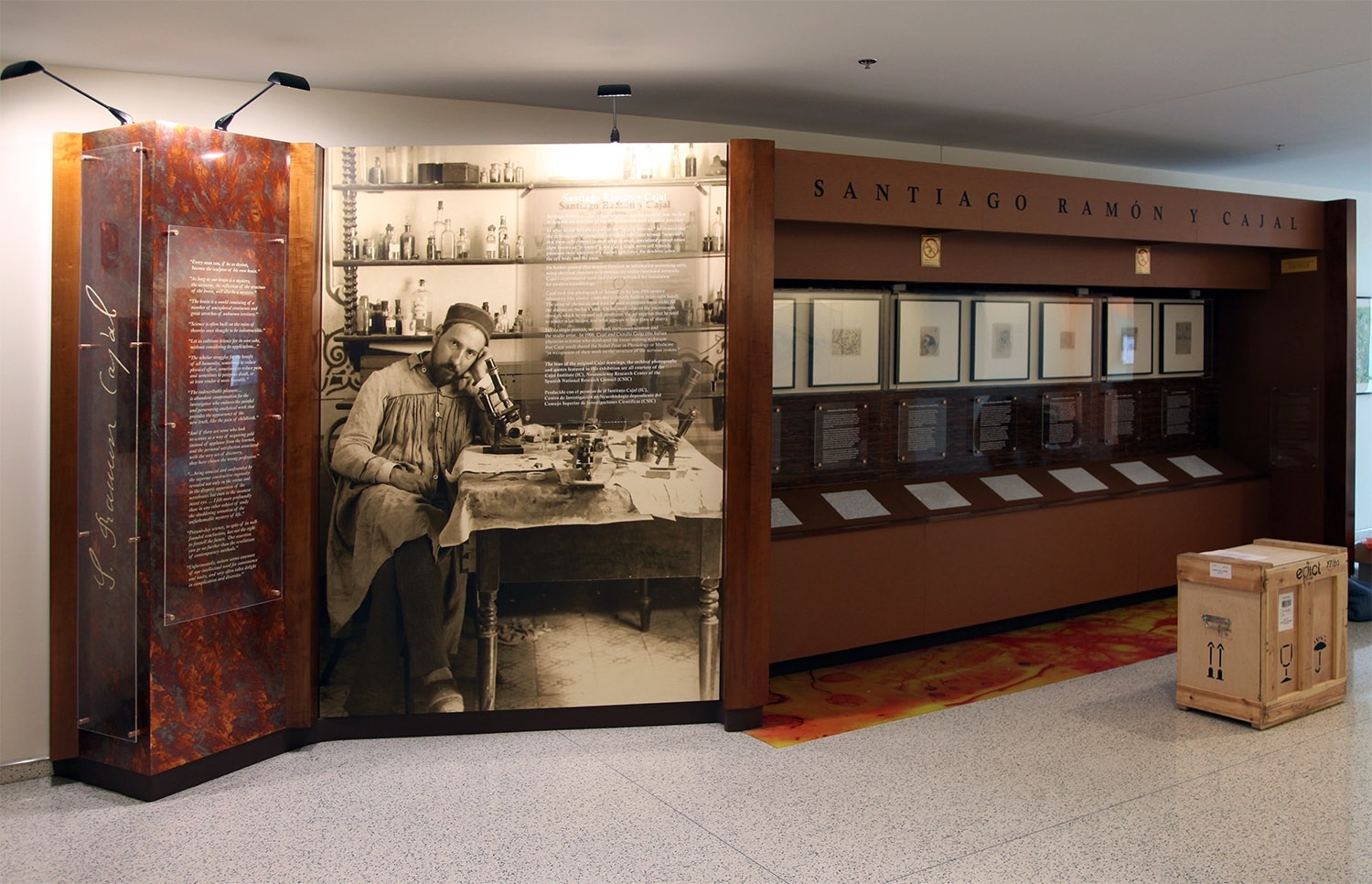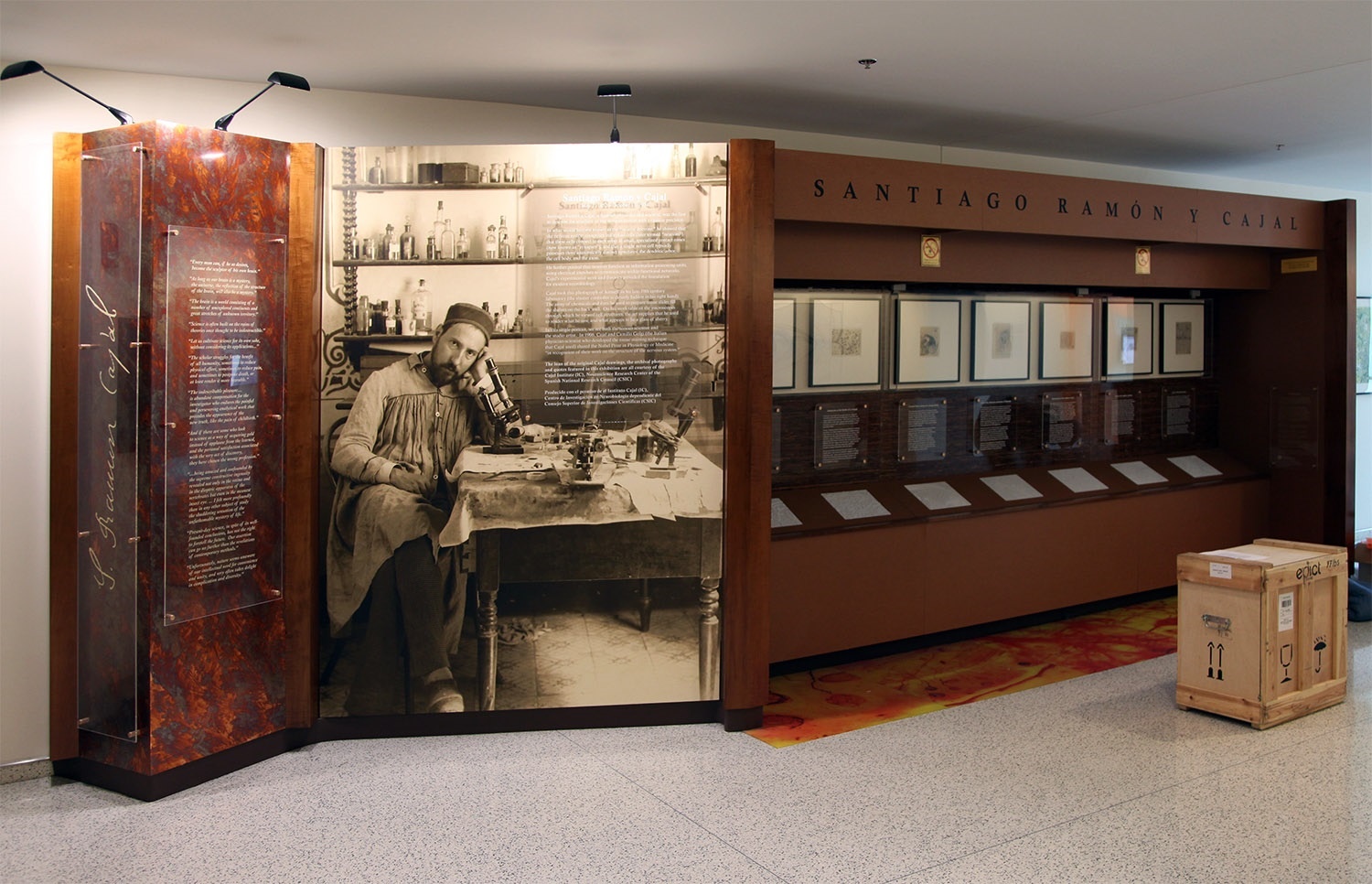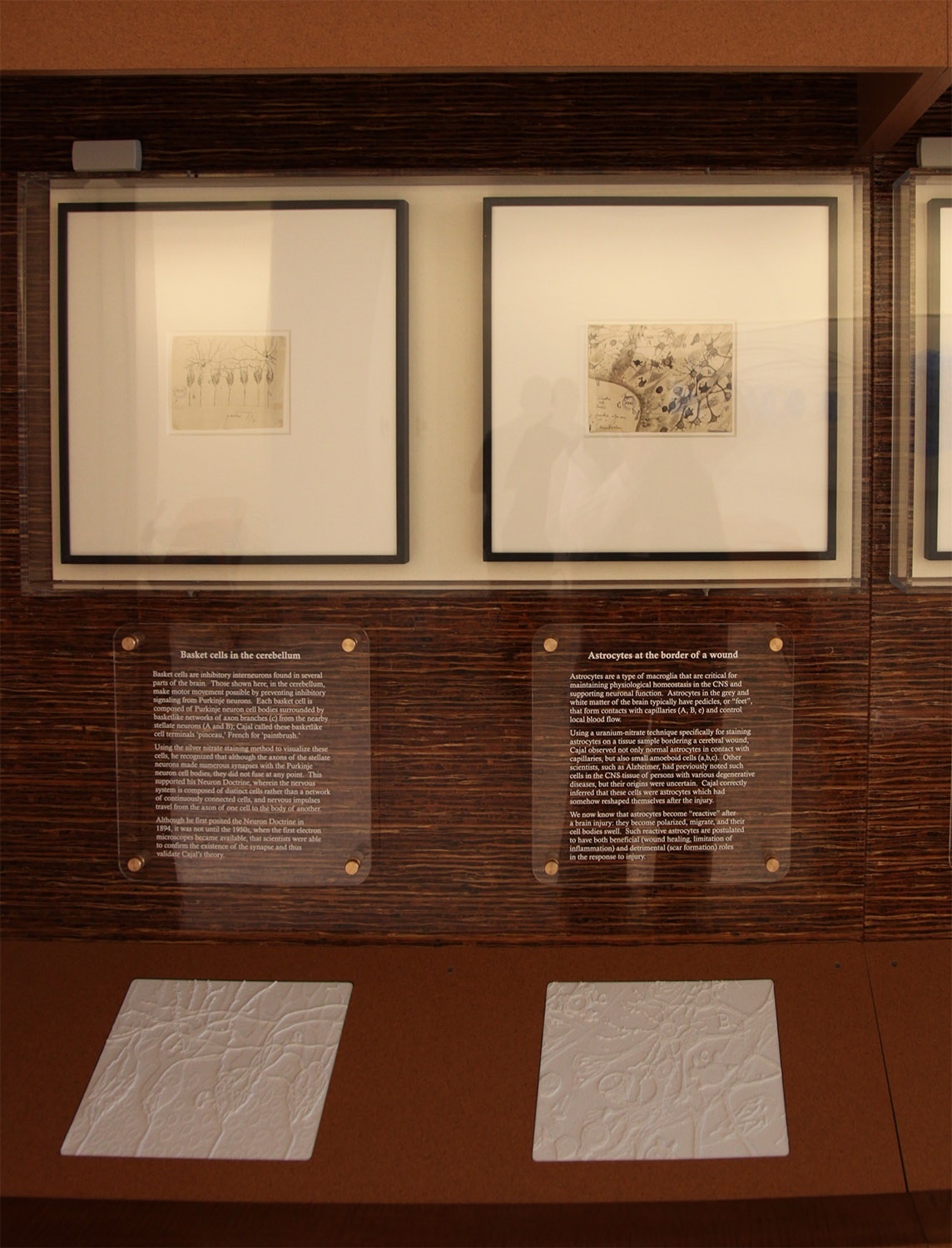News and Events
Caroline Hannaway, PhD (1943 to 2024)
ONHM was saddened to learn of the recent passing of Caroline Hannaway, PhD., an historian and editor in our office from 1992 until 2008. She died in Baltimore, Maryland on March 14, 2024. ONHM owes her an enduring debt of gratitude for her many contributions to this office, including to our oral history collection; to the history HIV/AIDS, for which she was jointly supported by the NIH Office of AIDS Research; and to the history of NIH itself. As ONHM’s Founding Director, Dr. Victoria Harden, remarked:
Caroline was my historical colleague and superb editor who first contributed to ONHM’s efforts to document NIH’s response to HIV/AIDS in the 1980s and ‘90s. She then became the editor who reviewed and improved every scholarly book and article manuscript, exhibit script, and website text for the office.
Dr. Hannaway was born and raised in Melbourne, Australia. She received her PhD (1974) at the Johns Hopkins Institute of the History of Medicine, where she went on to become an assistant professor and also, from 1983 to 1990, Editor of the Bulletin of the History of Medicine. Later, she was Interim and then Associate Editor of the Journal of the History of Medicine and Allied Sciences (2005 to 2013). In 2015, she received the American Association for the History of Medicine’s Genevieve Miller Lifetime Achievement Award.
______________________________________________________________________
"The History of NIH in (About) 12 Objects," Michele Lyons, Curator
Monday, December 11, 2023, 2:00 p.m. – 3:00 p.m., EDT
Join us for the next event in our History and Context: the ONHM Seminar Series, to be given by Michele Lyons, Curator and Associate Director of the Office of NIH History and Stetten Museum (ONHM). Ms. Lyons’s lecture is entitled, “The History of NIH in (About) 12 Objects."
As Curator of the NIH Stetten Museum for the past 30 years, Michele Lyons has focused on preserving the history of the NIH through its material culture, including scientific and clinical instruments, artwork, clothing, and those miscellaneous items that tell compelling stories. Her most recent projects include collecting around NIH’s role during the pandemic, and looking at race and gender in NIH history. Lyons has been recognized for her work by many awards.
Send requests for reasonable accommodations to Nino Peduto at least one week prior to the event to allow time for coordination.
Event Details
"The History of NIH in (About) 12 Objects," Michele Lyons, Curator and Associate Director
Monday, December 11, 2023, 2:00 p.m. – 3:00 p.m., EDT
Lecture will be held in Wilson Hall, Building 1; seating will be quite limited. Attend virtually using the videocast link.
Webinar Link https://videocast.nih.gov/watch=53816
"Telling NIH History, Story by Story," Victoria Harden, PhD
Thursday, May 4, 2023, 1:30 p.m. – 2:30 p.m., EDT
Join us for the inaugural Victoria A. Harden Lecture in NIH History, to be given by Victoria Harden, PhD , the founding director of the Office of NIH History and Stetten Museum (ONHM). Dr. Harden’s lecture is entitled, “Telling NIH History, Story by Story."
Before assisting Dr. Dewitt Stetten, Jr. in 1986 to establish ONHM, Harden was on the staff of the National Institute of Allergy and Infectious Diseases (NIAID). As NIH Historian, she helped forge the historical record of early HIV/AIDS research with a series of national conferences, oral history interviews, a website, and numerous publications. Her book AIDS at 30: A History provides an essential overview of the epidemic that emphasizes the response of the medical community—physicians and nurses, public health officials, and biomedical researchers—to AIDS. Other important publications include Inventing the NIH and the Henry A. Adams Prize-winning Rocky Mountain Spotted Fever: History of a Twentieth-Century Disease. After retiring in 2006, Dr. Harden has continued to serve the office as a Special Volunteer. She received the Lifetime Achievement Award from the American Association for the History of Medicine in 2007.
Send requests for reasonable accommodations to Susan Giuliani at least one week prior to the event to allow time for coordination.
Event Details
"Telling NIH History, Story by Story," Victoria Harden, PhD
Thursday, May 4, 2023, 1:30 p.m. – 2:30 p.m., EDT
Lecture will be held in Wilson Hall, Building 1; seating will be quite limited. Attend virtually using the videocast link.
Webinar Link https://videocast.nih.gov/watch=49384
"The Nobel Prizes and the Concept of the Gene," Erling Norrby, MD, PhD
Thursday, February 13, 2023, 11:00 1.m. – 12:00 p.m., EDT
On February 13, 2023, join Dr. Erling Norrby for a biomedical history lecture “The Nobel Prizes and the Concept of the Gene”, moderated by Dr. Steve Chanock, Director, NCI, Division of Cancer Epidemiology and Genetics and hosted by the NIH Office of History and Stetten Museum (ONHM). Dr Norrby has published the definitive histories of many of the biomedical Nobel Prizes and he will use his analyses of these prizes and their backgrounds to trace the evolution of our scientific understanding of the fundamental processes underlying life on earth and its interactions. A global leader on immunology and vaccines, Dr. Norrby is the former Dean of the Faculty of Medicine at the Karolinska Institute, Stockholm, Sweden. There, Norrby was instrumental in the selection process for Nobel Prize recipients in Physiology or Medicine, and later served as permanent secretary of The Royal Swedish Academy of Sciences and a board member of the Nobel Foundation. At present, Dr. Norrby is with the Center for History of Science at The Royal Swedish Academy of Sciences and serves as the Vice Chair of the Board of the J. Craig Venter Institute in La Jolla, California.
Event details
“The Nobel Prizes and the Concept of the Gene” with Dr. Erling Norrby
February 13, 2023, 11:00am to 12:00pm, EST
In Building 10, Lipsett Amphitheater or via Videocast link https://videocast.nih.gov/watch=49150
The Evolution of Minority Health Research
"Over the years, our understanding of population has changed, as there is still focus on race but more on ancestry, area of geographic origin, and social determinants of health."
- —Otis Webb Brawley
Dr. Brawley's talk will discuss population differences in health outcomes as defined over the past fifty years, as well as the development of this discipline. This area of research once was called minority health in the 1970s and 1980s, evolved to be called special populations research, and later health disparities, and now the focus is on health equity. Over the years, our understanding of population also has changed, as there is still focus on race but more on ancestry, area of geographic origin, and social determinants of health.
Link now to https://videocast.nih.gov/ical.ics?live=44756 to add this to your Outlook calendar.
This event is sponsored by the Office of NIH History and Stetten Museum. Our office advances the historical understanding of the biomedical research conducted at the NIH by documenting, preserving, and interpreting the history of significant NIH achievements, scientists, and policies. Visit us at https://history.nih.gov.
Flier: Brawley_flyer.jpg (JPEG – 500 KB)
Date/Time: February 24, 2022, 12:00–1:00 p.m. ET
VideoCast link: https://videocast.nih.gov/watch=44756
To view archived lectures from this and other History of Medicine lecture series, please link to https://videocast.nih.gov/PastEvents?c=221.
Dr. Otis Webb Brawley is Bloomberg Distinguished Professor of Oncology and Epidemiology at Johns Hopkins University. A member of the National Academy of Medicine, he leads a broad interdisciplinary research effort regarding cancer health disparities at the Johns Hopkins Bloomberg School of Public Health and the Johns Hopkins Kimmel Cancer Center, working to close racial, economic, and social disparities in the prevention, detection, and treatment of cancer in the United States and worldwide.
New display cases in three buildings on campus
New display cases have been installed around campus. Read a comic book about Joseph Goldberger’s work in pellagra in the early 20th century at the Building 1, 3rd floor case. Be amazed at the variety of Clinical Center patches near the Hospitality Desk on the 1st floor of the Clinical Center. Think about the social context of coloring books from the Clinical Center by its 2nd floor cafeteria. And salute a leading woman investigator, Dr. Margaret Pittman, in the Building 60 lobby. Two cases are coming to the Vaccine Research Center, and one to Building 6.
A new set of neuroanatomy drawings by Santiago Ramón y Cajal was installed in Building 35.
Current set of seven neuroanatomy drawings by Santiago Ramón y Cajal will remain on rotation in Building 35.
The drawings date back to the turn of the last century when Santiago Ramón y Cajal shared the Nobel Prize (1906) with Camillo Golgi for their work on the structure of the nervous system. We thank our partners at the Cajal Institute in Madrid, Spain for making this exhibit possible. You can see the original drawings, or touch 3-D prints of enlarged drawing details, until September.
Loan of Original Cajal Drawings on Exhibition in NIH’s Porter Neuroscience Center Extended
Current set of seven neuroanatomy drawings by Santiago Ramón y Cajal will remain on rotation in Building 35.
Michael Potter Exhibit Launched
U.S. National Library of Medicine Photograph by Ernie Branson The Office of NIH History and Stetten Museum opened twin historical exhibits in the Clinical Center in May honoring two NIH greats: Dr. Christian Anfinsen, who shared the 1972 Nobel Prize in chemistry; and Dr. Michael Potter, winner of a 1984 Lasker Award. Anfinsen and Potter began their careers at NIH in the 1950s, when molecular biology and genetics were new fields. They expanded both fields by asking questions that led to deeper understanding of basic biological functions. Their commitment to science influenced their personal lives as well.
- Continue reading about the launch in the NIH Record: https://nihrecord.nih.gov/newsletters/2018/05_18_2018/story5.htm
- Online Exhibit - Curiosity & Collaboration: The Work of Michael Potter (1924-2013) https://history.nih.gov/exhibits/potter/
- See the video from the Potter Exhibit Dedication here: https://history.nih.gov/exhibits/potter/video.html


